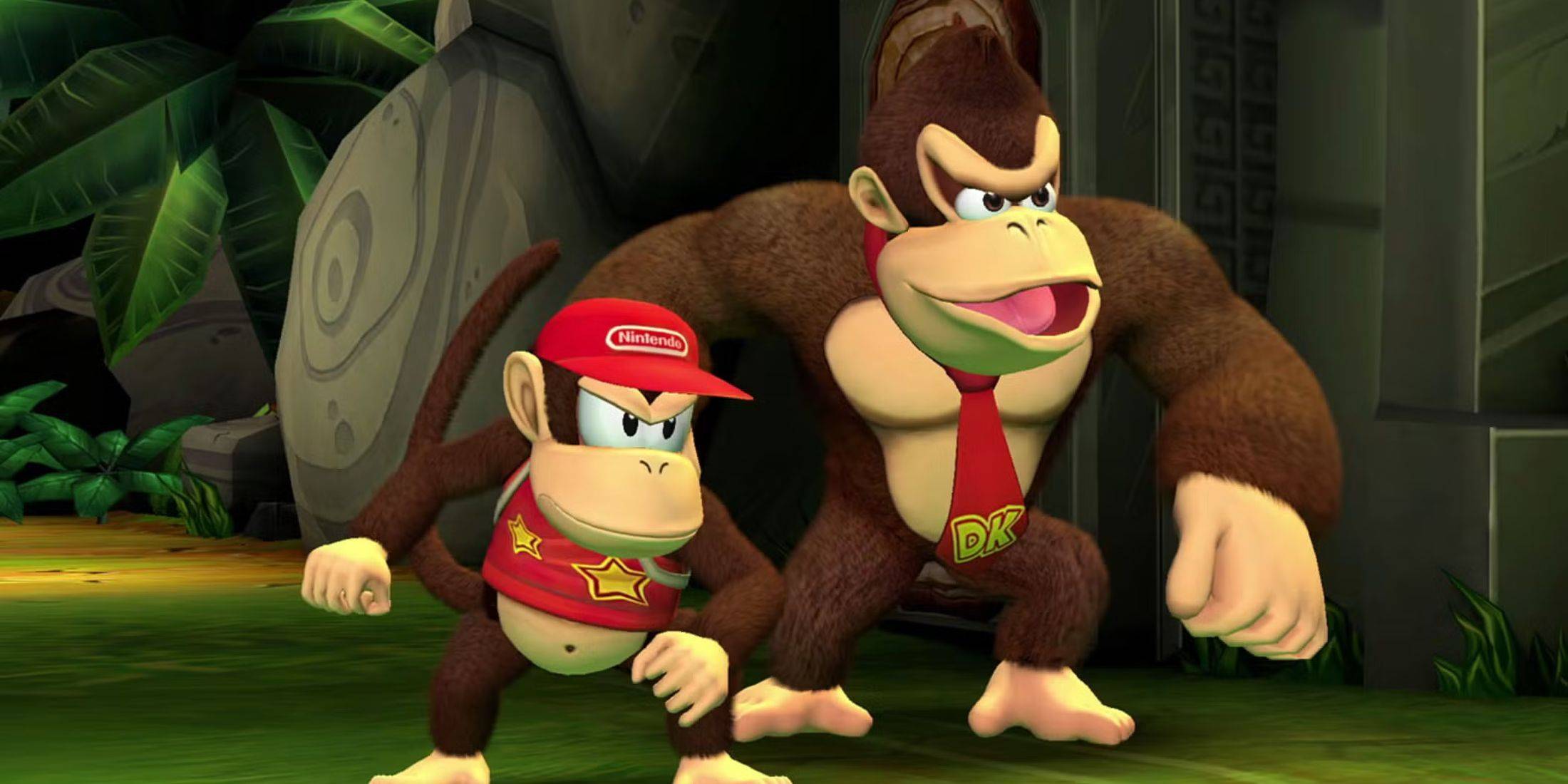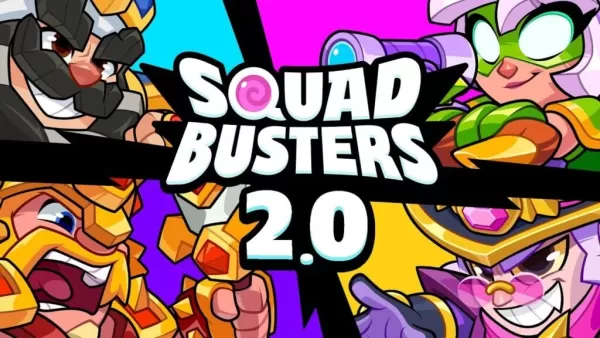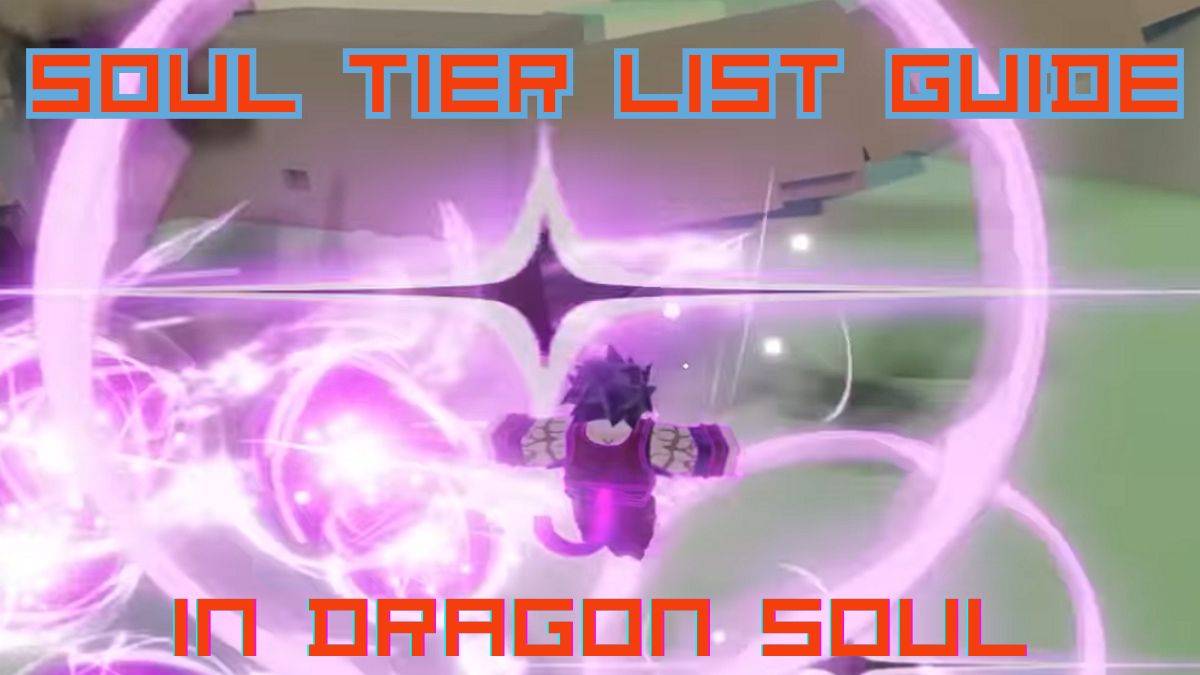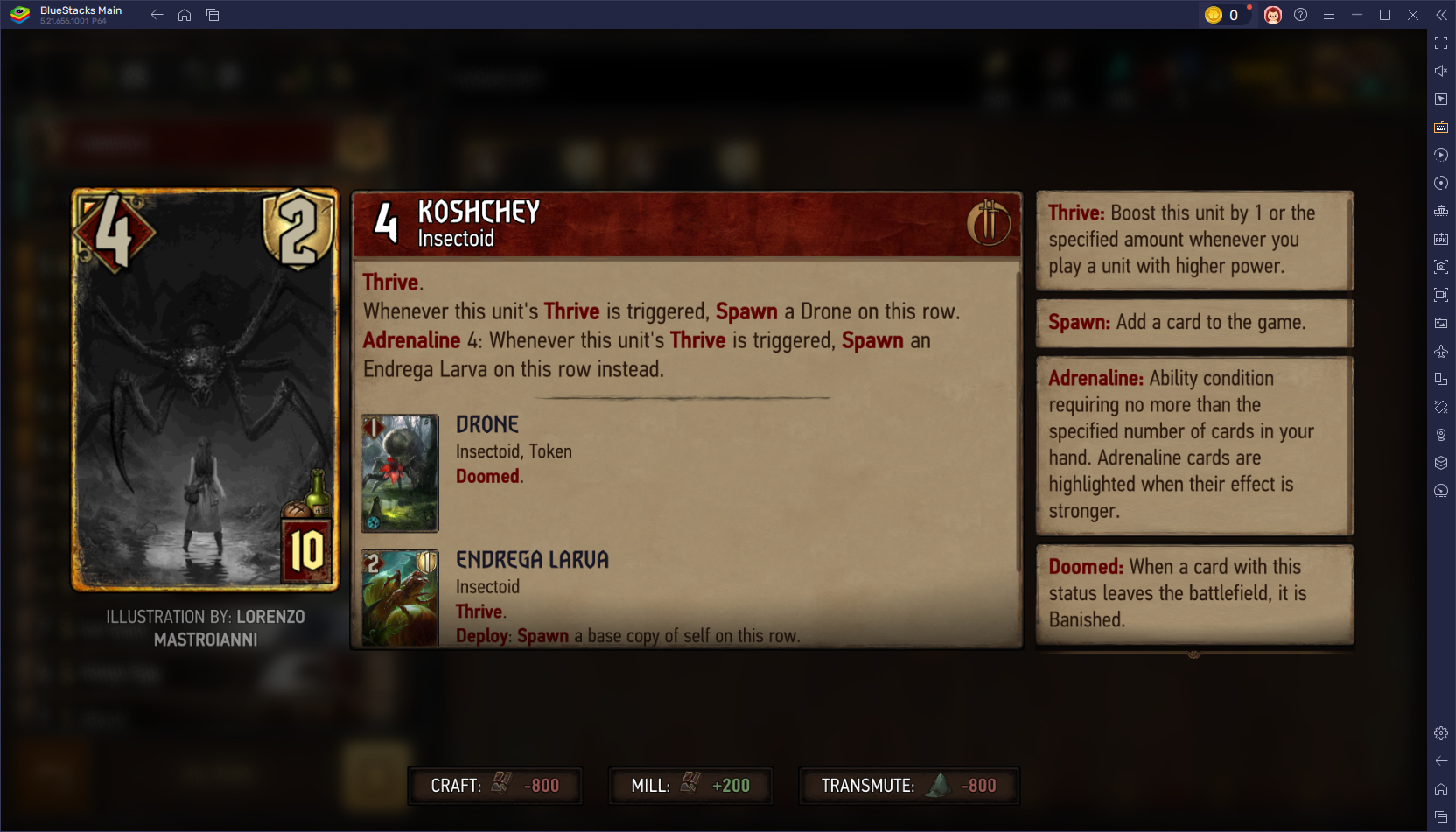"Donkey Kong HD Credits Omit Original Developers"
- By Emery
- Apr 09,2025

Summary
- Nintendo has excluded the individual developers from Retro Studios in the credits of Donkey Kong Country Returns HD.
- This practice aligns with Nintendo's history of condensing credits in remastered games, which has faced criticism from developers.
The upcoming release of Donkey Kong Country Returns HD on January 16, 2025, brings a remastered version of the beloved 2010 Wii platformer to Nintendo Switch owners. This remaster, however, has stirred controversy due to its credits, or rather, the lack thereof for the original developers at Retro Studios.
The Nintendo Switch has become a powerhouse for retro gaming, thanks to its portability and an extensive library of classic titles. Nintendo has capitalized on this by remastering and remaking numerous fan-favorite games, enhancing them with new content and improved graphics. Notable examples include the enhanced remake of Super Mario RPG and remasters of series like Advance Wars and Famicom Detective Club.
Among these remasters is Donkey Kong Country Returns HD. Pre-release reports from outlets like Nintendo Life have confirmed that the credits for this game only list the staff from Forever Entertainment, the studio responsible for porting and enhancing the original game for the Switch, including content from the 3DS version. Instead of acknowledging the full team from Retro Studios, the credits merely state that the game is "Based on the work of the original development staff."
Nintendo Omits Retro Studios From Donkey Kong Country Returns HD Credits
This decision to condense the credits is consistent with Nintendo's approach to other Switch-based re-releases. In 2023, Zoid Kirsch, a former programmer and senior gameplay engineer at Retro Studios for the first two Metroid Prime games, publicly criticized Nintendo for omitting the full original credits from Metroid Prime Remastered. Kirsch expressed feeling "let down" by the exclusion of names of former Retro Studios members. Other developers echoed his sentiments, labeling the practice as "bad practice."
Crediting is a crucial aspect of the game industry, playing a significant role in the career development of game developers. Even in remastered titles, crediting the original developers is seen as a gesture of appreciation and recognition for their hard work. Nintendo has also faced accusations of not crediting translators or imposing restrictive non-disclosure agreements that prevent them from acknowledging their work on major series like The Legend of Zelda. As more developers and fans voice their concerns about improper crediting practices, there is growing pressure on publishers, including Nintendo, to reconsider their approach.
Latest News
more >-

-

-
- The Witcher 4 to Unveil UE5 Game Tech Tomorrow
- Dec 27,2025
-

-

- 2025 D&D Starter Guide
- Dec 26,2025



